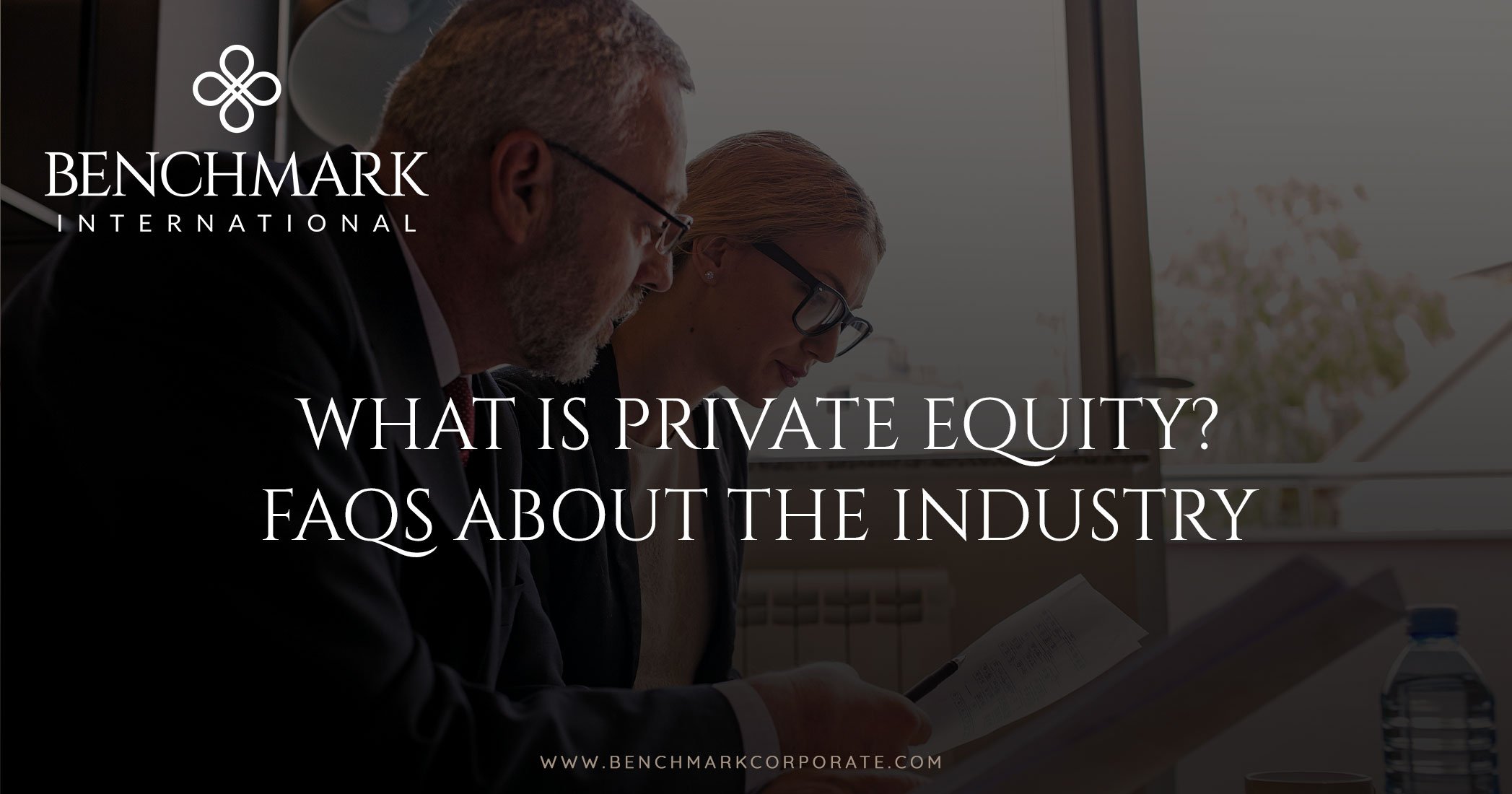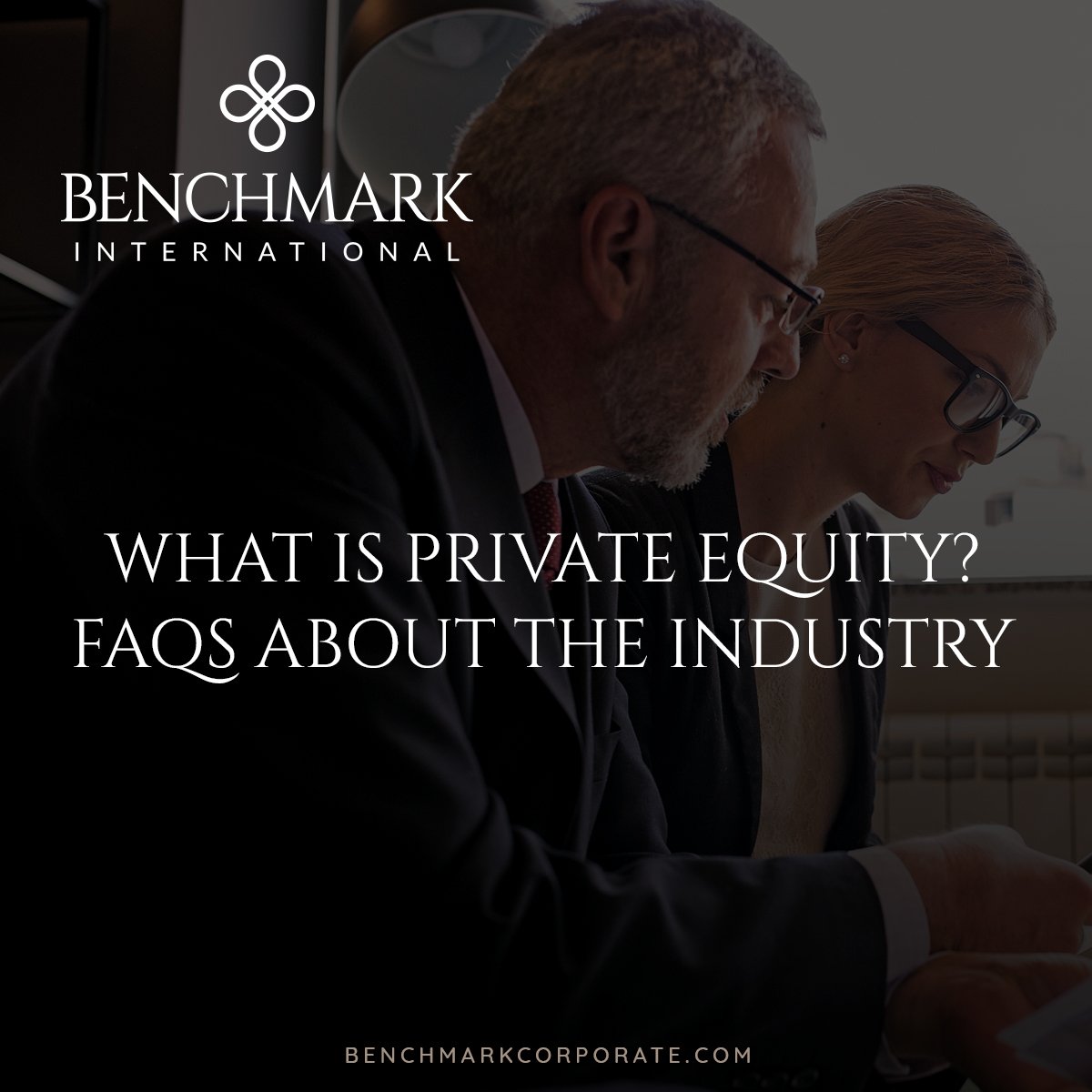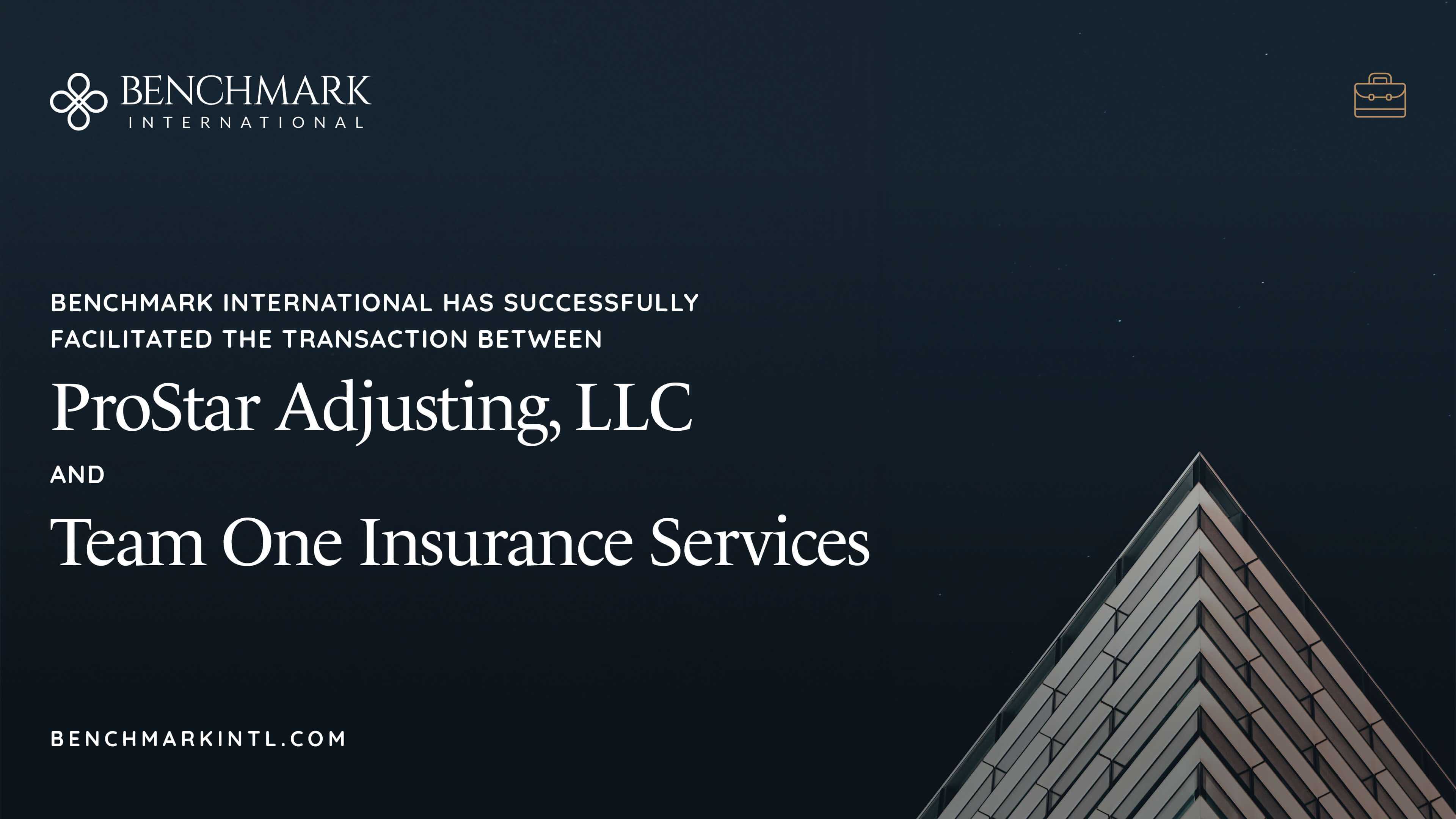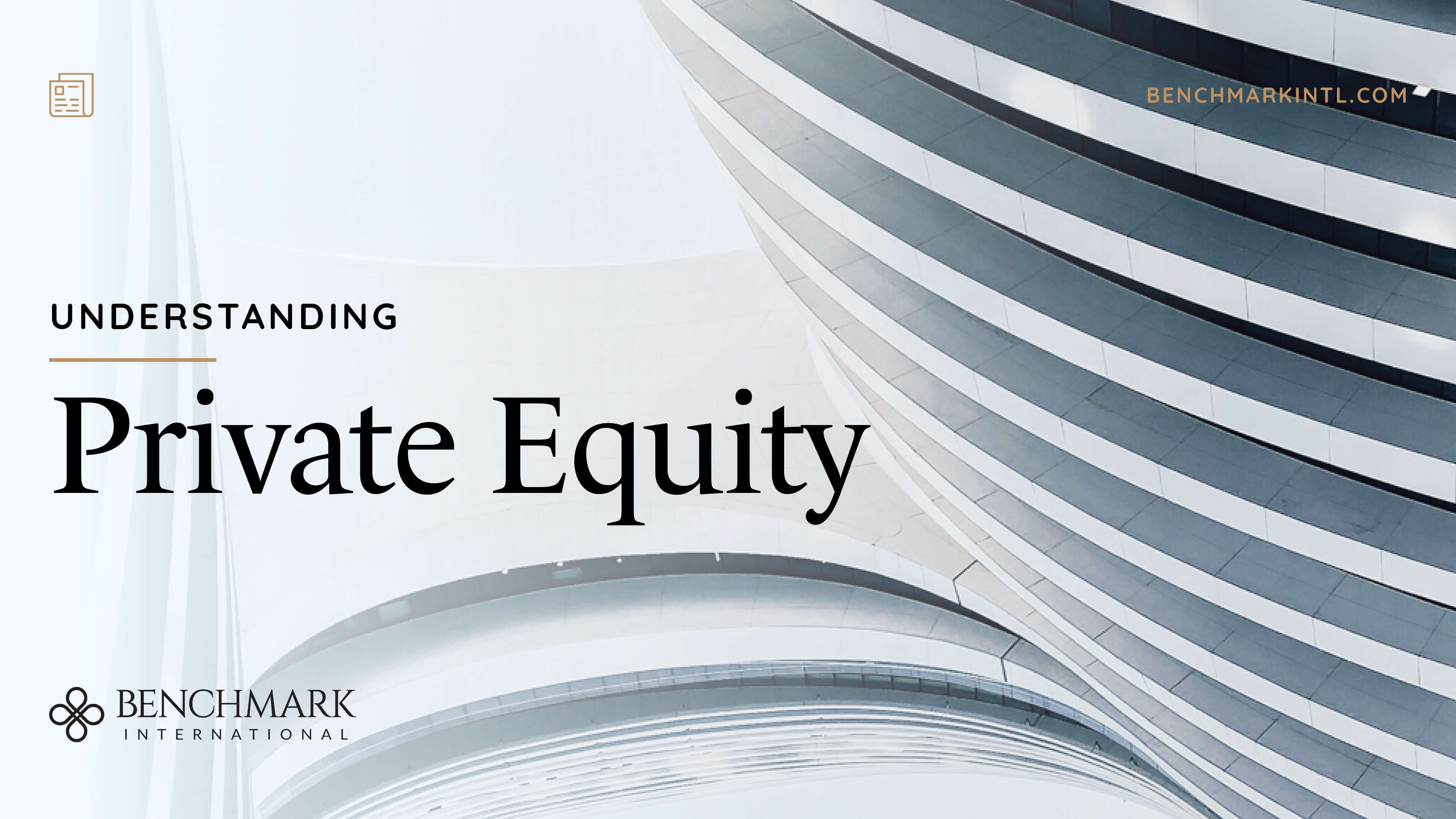
What is private equity?
Private equity (PE) is medium to long-term finance provided in return for an equity stake in a company. The objective of the PE company is to enhance the value of a company in order to achieve a successful exit (i.e. sale).
Where do PE firms get their money?
PE firms generally invest funds they manage on behalf of groups of individuals, pension funds, and other major organisations.
What types of companies do PE firms invest in?
PE firms look for companies that can offer a lucrative exit within three to seven years. Therefore, the company has to be large enough to support investments from the PE firm and have the potential to offer large profits in a relatively short timeframe. This means that PE firms buy companies with strong growth potential, or companies that are currently undervalued because they’re in financial difficulties.
How are PE fund managers compensated?
PE fund managers receive their income via two channels – management fees and carried interest.
A management fee is paid by the limited partners (the people who provided money to invest) to the PE firm to pay for their involvement. The fee is calculated as a percentage of the assets to pay for ongoing expenses such as salaries.
Carried interest is a percentage of profits that the fund gains on the investment. This compensation helps to motivate the PE fund managers to improve the company’s performance.
What is a platform company?
A platform company is the initial acquisition made by a PE firm in a specific industry. Typically, a platform company has a strong management team to drive the company forward and a proven track record in a specific industry. This company is the foundation for subsequent companies acquired in the industry.
What is a bolt-on company?
A bolt-on company is in a trade which the PE firm has already invested and is added on to one of its platform companies. The fund will look for bolt-ons that provide competitive services, new technology or geographic footprint diversification, as well as companies that can be quickly integrated into the existing management structure. Typically, a bolt-on company is smaller than a platform company and has minimal infrastructure in terms of finance and administration.
What is a holding period?
A PE holding period is the timeframe in which a PE company will hold on to their investment. This is typically between three and seven years at which point the PE company will sell their stake. Typically, a PE firm will prefer a shorter holding period, as the rate of return is much higher than that of an ageing investment.
What are the advantages of a PE firm investing in a company?
The main benefit of partnering with a PE firm is the ability to accelerate growth while still continuing to hold a position in the company, without the need for a high interest bank loan. Not only this, PE companies generally have a lot of experience as it has a background in the sector in which it is investing, meaning the seller can leverage this experience to benefit the company. This experience also extends to people and processes meaning the PE company might bring experienced managers to the company or have better controls in place to streamline processes.
What are the disadvantages of a PE firm investing in a company?
The benefits of PE to some people can be major drawbacks for others. As the PE company takes a stake in the business, this can mean that the original shareholder(s) find they lose control of the direction of their business including strategy, choosing a management team and hiring and firing the workforce. This will all be based on short-term goals as the PE company wants to make the company valuable within a short space of time, which might not align with the shareholder(s) longer-term outlook, as they will be more likely concerned for relationships with employees and customers.
Want to explore alternatives to private equity? Read the below:
WE ARE READY WHEN YOU ARE
Call Benchmark International today if you are interested in an exit or growth strategy or if you are interested in acquiring.
Europe: Carl Settle at +44 (0) 161 359 4400 / Settle@BenchmarkCorporate.com
Americas: Sam Smoot at +1 813 898 2350 / Smoot@BenchmarkCorporate.com
Africa: Anthony McCardle at +27 (0) 21 300 2055 / McCardle@BenchmarkCorporate.com

 Benchmark International
Benchmark International  Benchmark International
Benchmark International 






